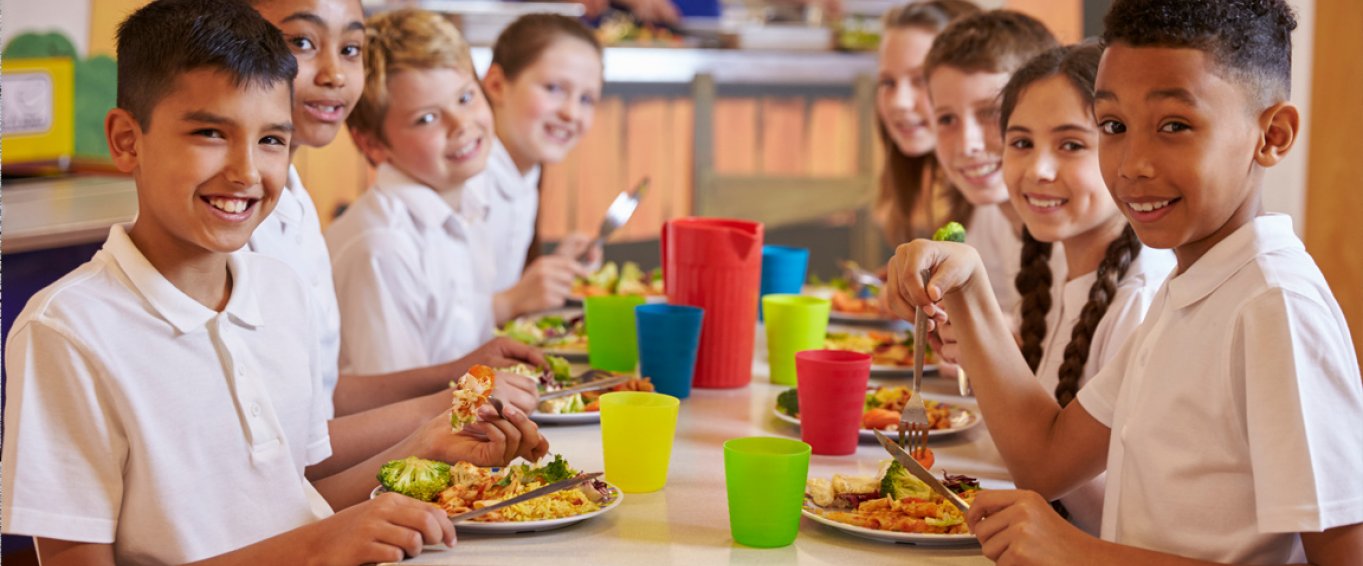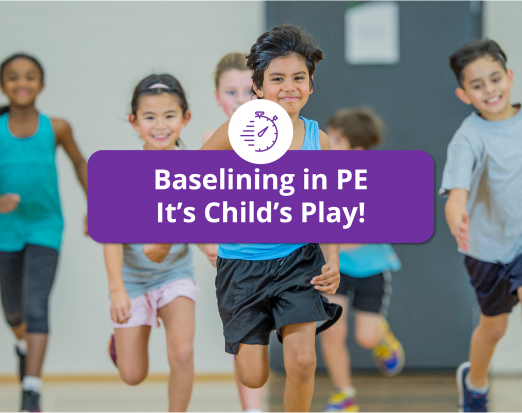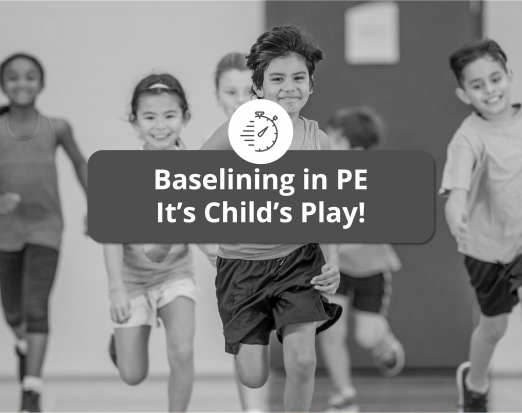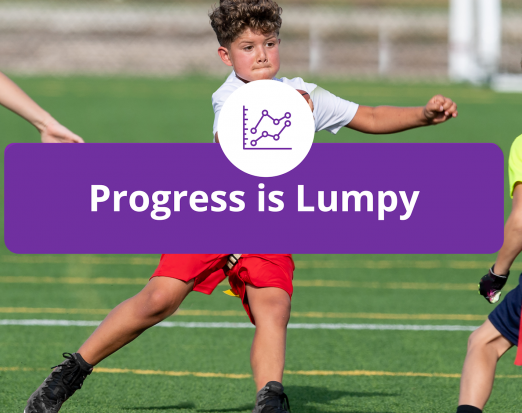Reinventing Lunchtimes - Make School Meals Mindful Pt 1

In February, the government announced plans to shake up health and social education in the biggest overhaul of state school curriculums in a generation. Alongside lessons on internet safety, body confidence, sexual identities and respectful relationships, teachers will promote better mental health via mindful practices. Read our blog to learn more about mindfulness in British schools.
While mindfulness is most often associated with 'cool down' activities like body scanning, stretching and deep breathing, it has just as much potential in school lunch rooms. Mindful eating - also known as being food aware - develops healthy eating habits by encouraging children to take a greater interest in what they eat.
When we teach kids to make every mouthful count, we raise conscientious eaters who care for their bodies. Let's look at some easy ways for teachers to positively influence pupils' eating habits and make school meals mindful:
1. Indulge the Playful Eater
Despite a rich diet of white bread, cheese, meat and butter, France is one of the healthiest countries in Europe. It suggests healthy eating isn't just about what we eat but also how we eat. In French schools, dining is a form of citizenship training. Pupils are afforded lots of time to eat and socialising is encouraged. Children take longer to finish but the upside is they engage fully with the act of eating.
This is the opposite of mindless eating which sees kids wolf down food so quickly their brain lags behind and doesn't get a signal to feel full. By doing nothing more than eating at a slower pace, young people can reduce their risk of obesity.
What You Can Do: Be patient with slow, fussy and chatty eaters. Encourage delight and enjoyment in food. Traditionally, we've chastised children for playing with their food, but it's fuelled by the type of curiosity that drives kids to want the best for their bodies in later life.
2. No Multitasking at Mealtimes
This advice is losing its prominence as fewer children eat school lunches. It's much easier to eat a packed lunch on the go. And children - full of beans and eager not to miss anything - are easily convinced to combine eating with running, jumping and other hijinks. The problem with this (and it's the same for adults), is eating becomes an automatic action.
Feelings of hunger become less important than routine and the desire to eat simply because it feels comfortable and familiar. To maintain a healthy weight and ensure our bodies stay strong, all of us - children and adults - should avoid habits that allow food to become thoughtless.
What You Can Do: Encourage pupils to sit and eat at a table, rather than eating while walking or playing. Dining behaviours must remain appropriate, but try not to shut down inquisitive chat. Allow packed lunch eaters to sit with kids eating school dinners. Ask pupils to put away books, toys and other objects and focus on their food.
3. Don't Incentivise Food
Schools can become food aware by altering the language they use to talk about eating. It's important, especially for younger children, to see eating as morally neutral. This requires a change to old fashioned habits such as using food as a reward. Many of the issues facing overweight adults today stem from a propensity to attach moral values and emotions to food.
Choose your words carefully when speaking with pupils about food. People aren't 'bad' if they eat unhealthy foods. Preferring salad to chocolate cake doesn't make a person 'good.' The more we mythologise our food - healthy or unhealthy - the further we get from helpful, practical perspectives. Children should understand healthy eating as a continuous process that, while always important, needn't be a chore or worry.
What You Can Do: Don't reward pupils with food items, even if they're healthy options. It's unhelpful for food to be equated with specific types of emotion or outcomes. Children become more likely, particularly as adults, to develop habits like emotional comfort eating.
4. Always Lead by Example
Don't forget you can inspire your pupils just by making healthy choices for yourself. Even the youngest primary school kids can tell the difference between a teacher who says and a teacher who does. If you don't follow your own advice and eat a healthy balanced lunch, in a constructive environment, your teaching on mindful eating won't stick.
We know it isn't always easy for teachers to stick to rigid routines. If you can't eat around pupils in the lunch room, avoid eating on the move. Keep food tucked away in the classroom, rather than in your hands as you go about your duties.
What You Can Do: Just be a positive, visible presence. Encourage questions from pupils about your own food choices. If they could be healthier, be honest about it. Explain why and what options might be better. Show children healthy eating isn't about perfection. It's about understanding and managing what goes into our bodies.
With the help of our Healthy Schools Programme, you can teach pupils about healthy nutrition in a way that's fun and impactful. Looking for classroom activity ideas? We've got 'em.
Read the second installment of our blog - How to Make School Meals Mindful: Pt.2 - for healthy eating games and lesson plan inspiration!
Join Our Healthy Schools Programme for FREE!
We want every child to feel healthy, be active and live life to the full! It's why we launched the Amaven Healthy Schools Programme.
It aims to increase physical activity in schools and provide pupils with a deeper understanding of fitness, movement, healthy eating, emotional wellbeing and more. Alongside FREE access to Amaven software, you'll receive:
- Wellness Kickstart Day Hosted by Amaven Coaches
- Onsite and Online CPD for Teachers
- Impact Reports for Evidencing PE Spending
- Exclusive Lesson Plans & Resources
- Personalised Home Activities for Pupils
- Bespoke Health & Wellbeing Strategy





